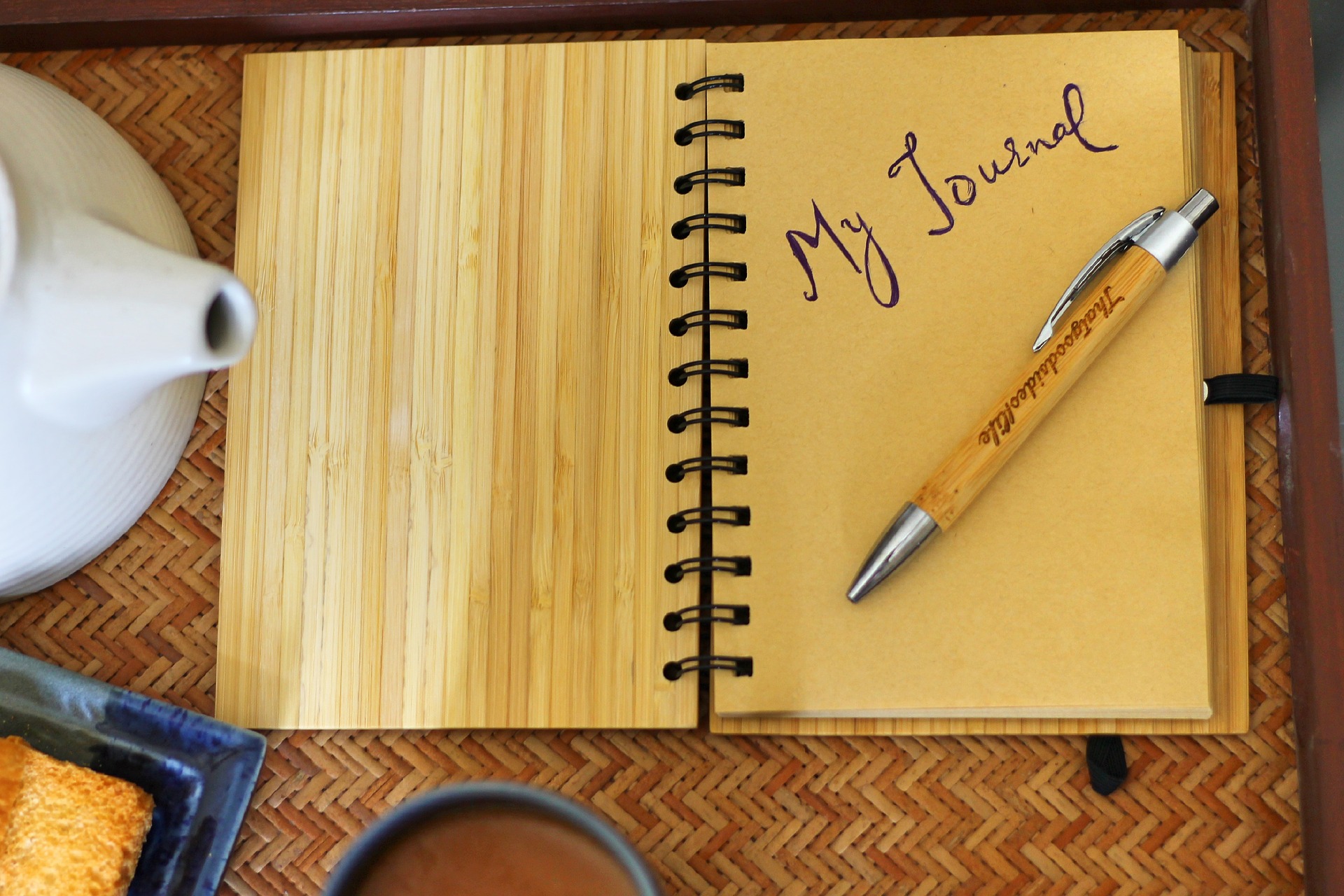Journal Writing
Among its many benefits, journal writing helps us to manage stress, process difficult experiences, gain insight, boost our mood, and engage in problem solving. It can also enhance the effectiveness of therapy.
Tips for Effective Journal Writing
Write in a private and personalized space that is free from distractions, and keep your journal private. You can share your experience of engaging in journal writing with your therapist but you are not required to share the content of your journal.
Date each entry. Doing so helps you know when you wrote the entry and could help you see how you were feeling and what you were thinking at different times.
W.R.I.T.E Acronym
The Center for Journal Therapy website offers journal writing guidelines that form the acronym, WRITE:
- W – What do you want to write about? Reflect on current events in your life, what you are thinking and feeling, your goals, or situations you want to avoid. Give what you are thinking about a name and write about it.
- R – Review or reflect on it. Before beginning to write, give yourself a few moments to calm yourself and focus. You could use “I” statements, e.g., “I feel …”and state what is happening in the present moment.
- I – Investigate (explore) what you are thinking and feeling. Keep writing. If you feel stuck, read what you have written and refocus.
- T – Time You want to write for at least 5 minutes. Use a timer or alarm to inform you when the time you have set is finished.
- E – Exit purposefully and thoughtfully. Read and reflect on what you have written. Note what you are taking away in one or two sentences, including any action steps you want to engage in. (Adams, n.d.).
Writing prompts to jump-start your journal writing:
- Right now, in my life, I’m thinking/worrying/anxious about …
- One thing I am thankful for is ….
- One way I can take care of myself …
- If I were not as anxious as I am I would …
- Two things I did well today are …
- I would like myself more if ….
- I wish I were …
- One change I can make today is …
- I want to ….
- My greatest fear is …
- Right now in my life I am …

Additional Resources
- Center for Journal Therapy - A Short Course in Journal Writing
- Positive Psychology - Benefits of Journaling
- Greater Good Magazine - How to Journal Through Your Struggles
- Greater Good in Action - Expressive Writing
- 12 Different Kinds of Journals to Keep; Thinking Through Our Fingers
- Writing through Transitions Handout
References
- Ackerman, C. (28-04-2020). Eighty-three Benefits of Journaling for Depression, Anxiety, and Stress. Retrieved from https://positivepsychology.com/benefits-of-journaling/
- Adams, K. (n.d.). It’s easy to W.R.I.T.E. Center for Journal Therapy. Retrieved from https://journaltherapy.com/journal-cafe-3/journal-course/

